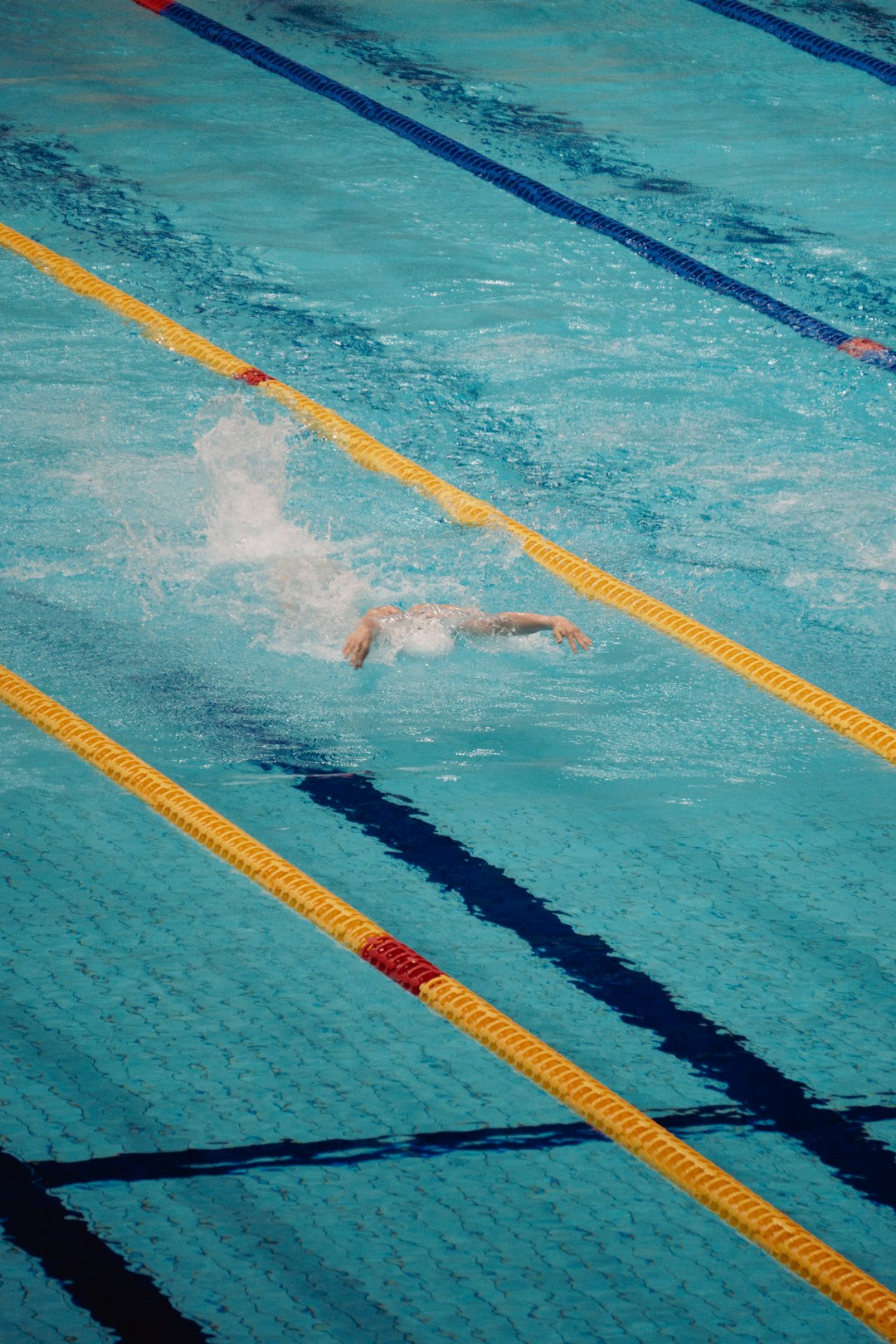Staying properly hydrated is incredibly important for athletes of all levels and disciplines. Whether you’re a professional athlete or someone who enjoys recreational sports on the weekends, making sure you have enough fluids in your body is essential for optimal performance and overall health.
One of the main reasons why hydration is so crucial for athletes is that our bodies are made up of around 60% water. This means that even a small decrease in our fluid levels can have a negative impact on our physical and mental functioning. When we exercise, we lose even more water through sweating, so it’s vital to replace those lost fluids to avoid dehydration.
Dehydration can lead to a range of negative effects, including muscle cramps, fatigue, dizziness, and even heat exhaustion or heatstroke. These symptoms can not only detract from your performance on the field or in the gym, but they can also be dangerous if not addressed promptly. By staying properly hydrated, athletes can reduce the risk of these issues and perform at their best.
But how much water do athletes actually need to stay hydrated? The answer to this question varies depending on factors such as the intensity and duration of your workouts, the climate you’re exercising in, and your individual body composition. As a general rule of thumb, it’s recommended that athletes drink at least 8-10 cups of water per day, and more if they are engaging in intense physical activity.
It’s also important to note that water isn’t the only fluid that can help keep athletes hydrated. Sports drinks, coconut water, and electrolyte solutions can also be effective in replenishing lost fluids and electrolytes during and after exercise. These types of beverages can be particularly beneficial for athletes engaging in endurance sports or activities lasting longer than an hour.
Another key aspect of hydration for athletes is timing. It’s not enough to simply drink a lot of water before or after your workout – you need to be proactive about staying hydrated throughout the day. Starting your exercise session already dehydrated can hinder your performance and increase the risk of dehydration, so it’s important to drink plenty of fluids leading up to your workout.
During your exercise session, try to drink water regularly, even if you don’t feel thirsty. Thirst is actually a sign that your body is already becoming dehydrated, so don’t wait until you’re parched to start drinking. Instead, aim to take small sips of water every 15-20 minutes during your workout to keep your fluid levels up.
After you’ve finished exercising, it’s crucial to continue hydrating to help your body recover and repair itself. Replenishing lost fluids and electrolytes can help reduce muscle soreness and fatigue, as well as promote better overall recovery. Consider drinking a sports drink or eating a snack with water-rich fruits like watermelon or oranges to aid in the rehydration process.
In addition to the physical benefits of staying hydrated, proper fluid intake can also have a positive impact on an athlete’s mental performance. Even mild dehydration has been shown to impair cognitive function, including memory, attention, and decision-making skills. Ensuring that your brain is adequately hydrated can help you stay focused and alert during training and competition.
Hydration plays a crucial role in regulating body temperature, which is especially important for athletes who frequently engage in high-intensity or endurance activities. When we sweat, our bodies release heat to cool down, but if we’re dehydrated, this process becomes less efficient. This can lead to overheating and a higher risk of heat-related illnesses, such as heat exhaustion or heatstroke.
Athletes who train or compete in hot and humid conditions are at an even greater risk of dehydration and heat-related complications. In these situations, it’s crucial to pay extra attention to hydration and take steps to prevent overheating. Wearing lightweight, breathable clothing, using sunscreen, and taking breaks in the shade can all help reduce the risk of heat-related illnesses.
In conclusion, proper hydration is essential for athletes of all levels and disciplines. By staying adequately hydrated before, during, and after your workouts, you can improve your performance, reduce the risk of injury, and enhance your overall well-being. Remember to listen to your body’s thirst signals, drink regularly throughout the day, and choose fluids that will replenish lost electrolytes to optimize your hydration status. Stay hydrated, stay healthy, and perform at your best!
